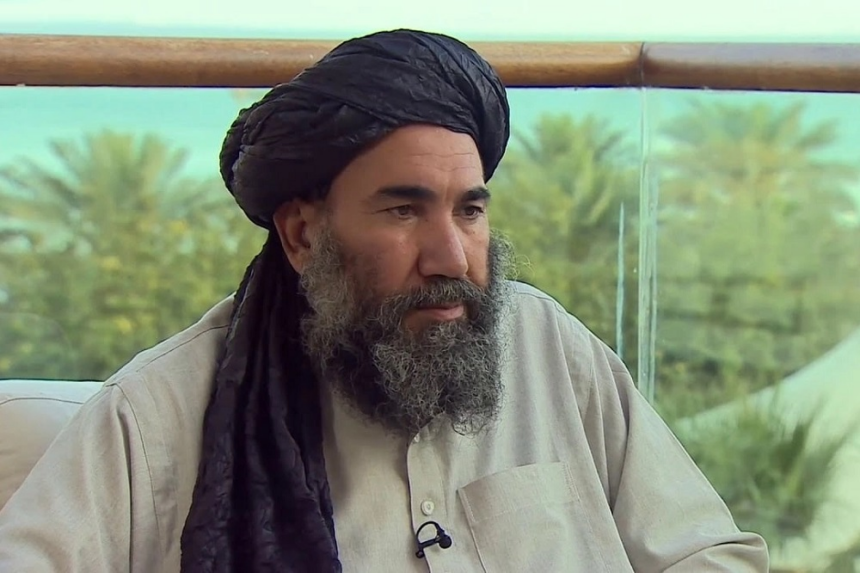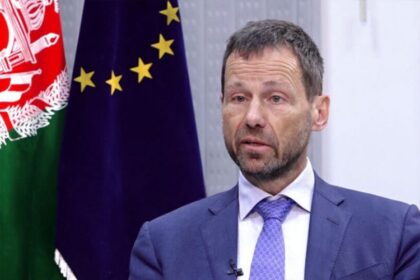RASC News Agency: Mullah Abdul Salam Zaeef, the former Taliban ambassador to Islamabad and a key power broker within the Taliban during the Republic era, has voiced his criticism of the entrenched authoritarianism, the hereditary passage of power, and the immunity of high-ranking officials from accountability. Zaeef stated that Taliban leaders perceive themselves as being beyond the law, with their autocratic rule effectively stifling any form of public dissent.
On Sunday, October 6, Zaeef took to the social platform X, asserting that when rulers and emirs violate the law, they remain shielded from any punishment. Although Zaeef did not mention any specific individuals, political analysts believe his remarks were aimed at prominent figures like Mohammad Yaqoob, son of Mullah Mohammad Omar; Sirajuddin Haqqani, son of Jalaluddin Haqqani; Abdul Manan Omari, brother of Mullah Omar; and Khalil-ur-Rehman Haqqani, brother of Jalaluddin Haqqani. These individuals, along with many others, now hold key positions in the central and provincial administrations.
This prominent Taliban figure has, in the past, condemned the absolute power wielded by emirs, identifying such authoritarianism as one of the key factors leading to the decline of Islamic societies. Zaeef, who held several high-ranking government roles during Mullah Omar’s regime, was arrested in Pakistan following the Taliban’s collapse in 2001. He spent three years imprisoned at Guantanamo Bay before his eventual release. Despite his tireless efforts to lobby for the Taliban in various embassies in Kabul and enjoying strong financial and political backing from Hamid Karzai and Ashraf Ghani, Zaeef found himself excluded from the power structure following the Taliban’s resurgence.
As an influential voice within the Taliban, Zaeef continues to express concern over the monopolization of authority by a select few. He denounces the impunity many officials enjoy, arguing that it erodes justice and undermines the very foundations of effective governance.






